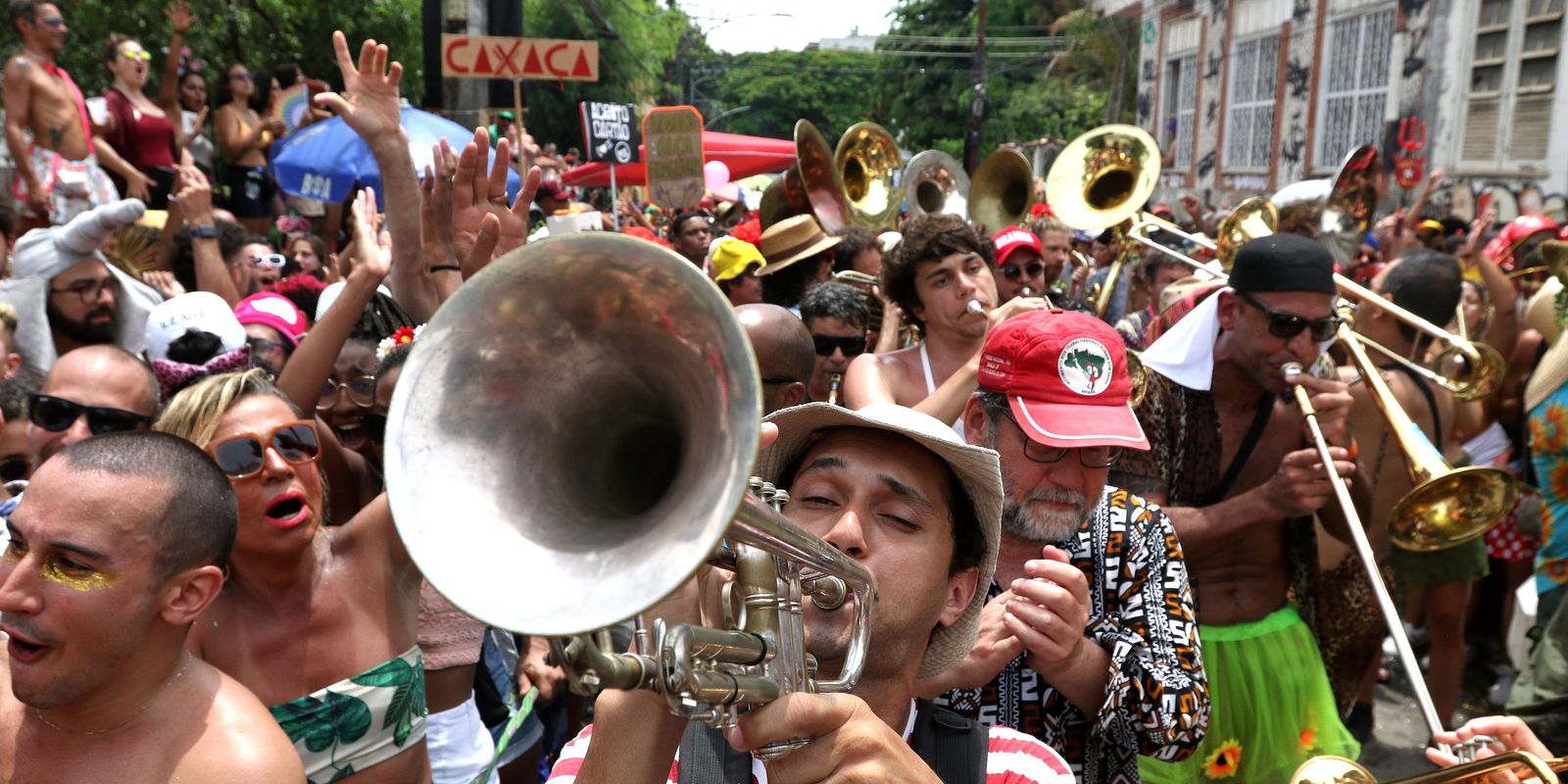In the post-carnival period, the number of men seeking urology offices increases. The finding is by specialist Heleno Diegues Paes, professor at the Santa Marcelina Medical School, in São Paulo.
The commemoration itself is already a tradition originating from Roman festivals in which there was greater permissiveness, especially with regard to sexuality. Data from the Ministry of Health indicate that the transmission of sexually transmitted infections (STIs) tends to intensify during Carnival, and that the use of condoms is far from ideal: in the 15 to 24 age group, only 56.6% of boys use them condom.
The latest edition of the 2019 IBGE National Health Survey (PeNSE), released in July 2020, shows that only 59% of young people interviewed said they had used a condom in their last sexual intercourse, against 72.5% in 2009. According to the survey, only 22.8% of Brazilians over 18 years old reported using a condom during sexual intercourse, which is equivalent to about 26.6 million people.
“The practical perception that we have today, compared to ten or 20 years ago, is that people are using fewer condoms”, says the urologist.
aids
The president of the Brazilian Society of Urology (SBU), Alfredo Canalini, recalls that in the 1980s, when the HIV and AIDS epidemic began to appear, fear of contamination increased, since there was no type of treatment for the disease in the era.
Campaigns for condom use and debates about safe sex have increased significantly. “And everyone used condoms, which were distributed during Carnival, in blocks”, says Canalini.
Over time, however, the fear of contamination diminished and people stopped protecting themselves adequately. In addition, the specialist points out that over time, research has advanced and prophylactic and pre-exposure treatments, PrEPs, have emerged, which reduce the chance of HIV infection, even after sex without a condom.
With the ever-improving treatments for this disease, nowadays it is very difficult to see someone dying of AIDS. I think this led to a return, to a loss of fear of not using condoms. Younger people, in particular, have not had this experience.
IST
Canalini points out, however, that these treatments do not rule out other sexually transmitted infections, such as herpes, syphilis, and HPV, which is one of the causes of penile cancer. Therefore, the urologist reinforces the importance of safe sex, with condom use.
“The use of condoms is absolutely necessary, even if you are vaccinated against HPV, even if you are taking pre-exposure treatment in relation to HIV prophylaxis. You must not stop using condoms during sexual intercourse. This is the message that must remain: safe sex! Carnival is joy, it can be happiness, but happiness has to be maintained after Carnival and you cannot lose your happiness with the diagnosis that you have acquired a sexually transmitted infection”.
Specialist Heleno Paes draws attention to other sexually transmitted diseases, such as gonorrhea, syphilis and penile warts. He says that the treatment will depend on the diagnosis. In the case of genital warts, for example, the treatment basically consists of removing the genital nodules and providing guidance regarding recurrences (when the symptoms return).
In the case of gonorrhea and syphilis, treatment includes specific antibiotics for each disease. “These are diseases that can be cured. That’s the plus point.”
Genital herpes lesions disappear on their own. All these diseases can be prevented by using condoms. “It is important to treat the partner as well to break the chain of transmission”, recommended the doctor.
Service
Health posts across the country are instructed to distribute free internal and external condoms (known as female and male), with no restriction on the number.
In case of unprotected sex, look for the health center closest to your home.















